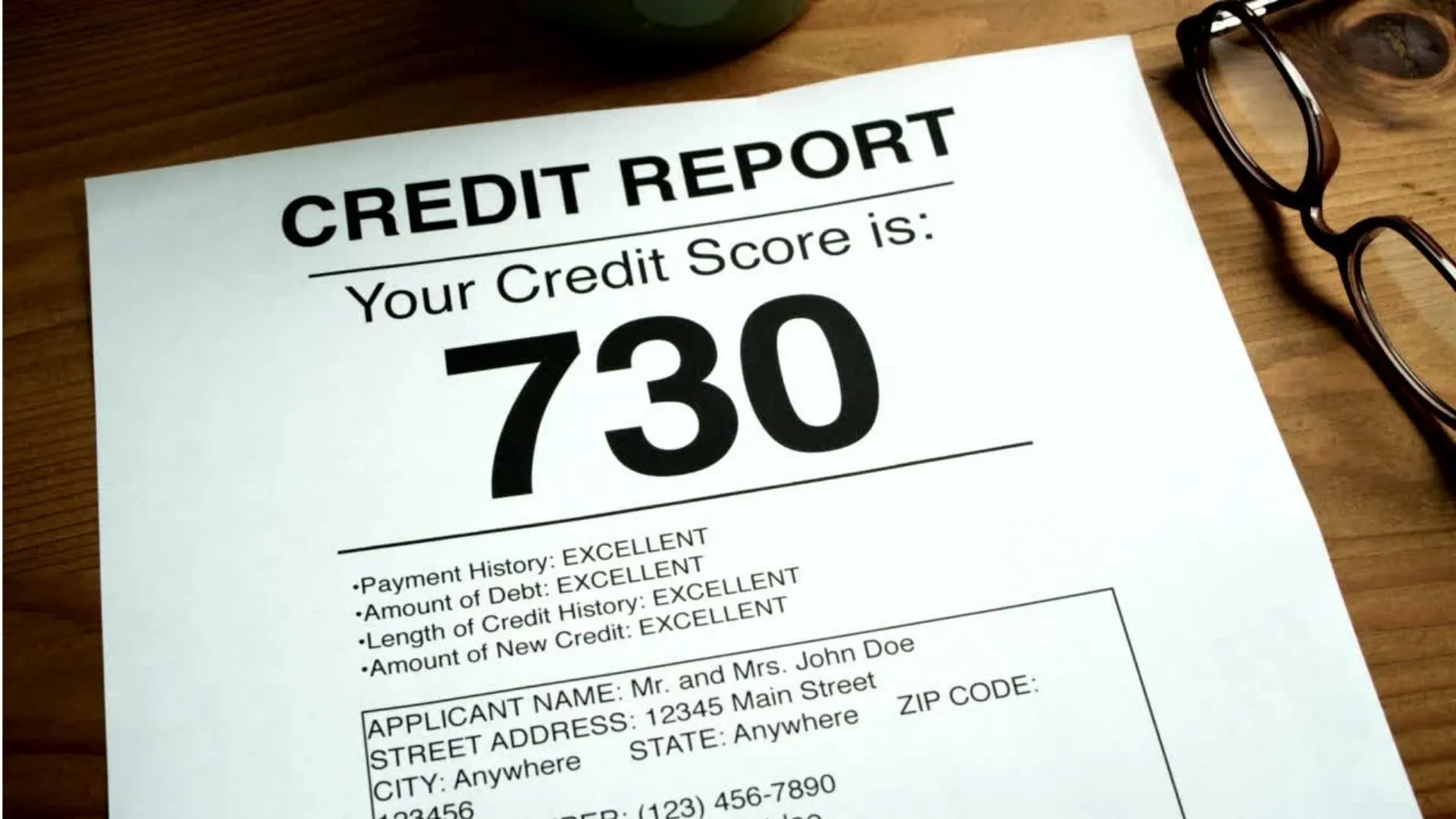
When seeking new lines of credit like credit cards, auto loans, or mortgages, lenders review your credit reports to assess risk before deciding to approve or deny applications. This leaves inquiries on credit files that can impact scores differently depending on whether they are considered “hard” or “soft” checks. Here’s an overview of what each means and their implications.
What’s the Difference?
A hard inquiry is an official credit check conducted by a lender with your consent that is considering an application for new credit or an increased credit limit. Examples include credit card applications, loan applications, cellular account openings, and even some utility service applications when payments are extended. These require creditworthiness verifications.
In contrast, soft inquiries are credit checks whereby you have initiated accessing your own credit report data through annual free reports or credit monitoring sites. They may also come from lenders pre-qualifying you through preliminary creditworthiness assessments before formally applying for financing. Soft checks do not require permission.
How Hard Inquiries Affect Credit Scores
Each hard credit check authorization generally causes FICO credit scores to drop a few points initially. This demonstrates creditors are reviewing your risk profile for additional financing, indicating increased potential credit usage. Too many hard inquiries in a short timeframe raise flags.
However, most declines are minor (under 5 points) and recover within 6-12 months as long as no additional inquiries accumulate in the interim. Maintaining on-time payments also offsets scoring impacts over time. Just be selective about formally applying for new lines of credit within a 12 month window.
How Soft Checks Impact Credit Scores
In contrast, soft credit checks initiated by you to review personalized loan offers or check your own credit report through annual free TransUnion, Experian and Equifax reports do NOT affect credit scores at all. So always take advantage of accessing your free yearly reports. Soft checks simply indicate you are monitoring your credit data. These inquiries are visible to you and lenders but ignored in credit scoring calculations, so check as needed without worry.
Prequalification checks lenders conduct to determine what offers and terms to potentially extend also qualify as soft checks without score impact, so take advantage of preapprovals. Just avoid moving forward with too many hard inquiry actual applications concurrently to prevent temporary score drops.
In summary, limit hard credit checks on a 12 month rolling basis, leverage soft inquiries freely, and you’ll be taking proactive steps to keep credit utilization and history optimized while accessing reports as needed. Check scores quarterly to monitor trends.